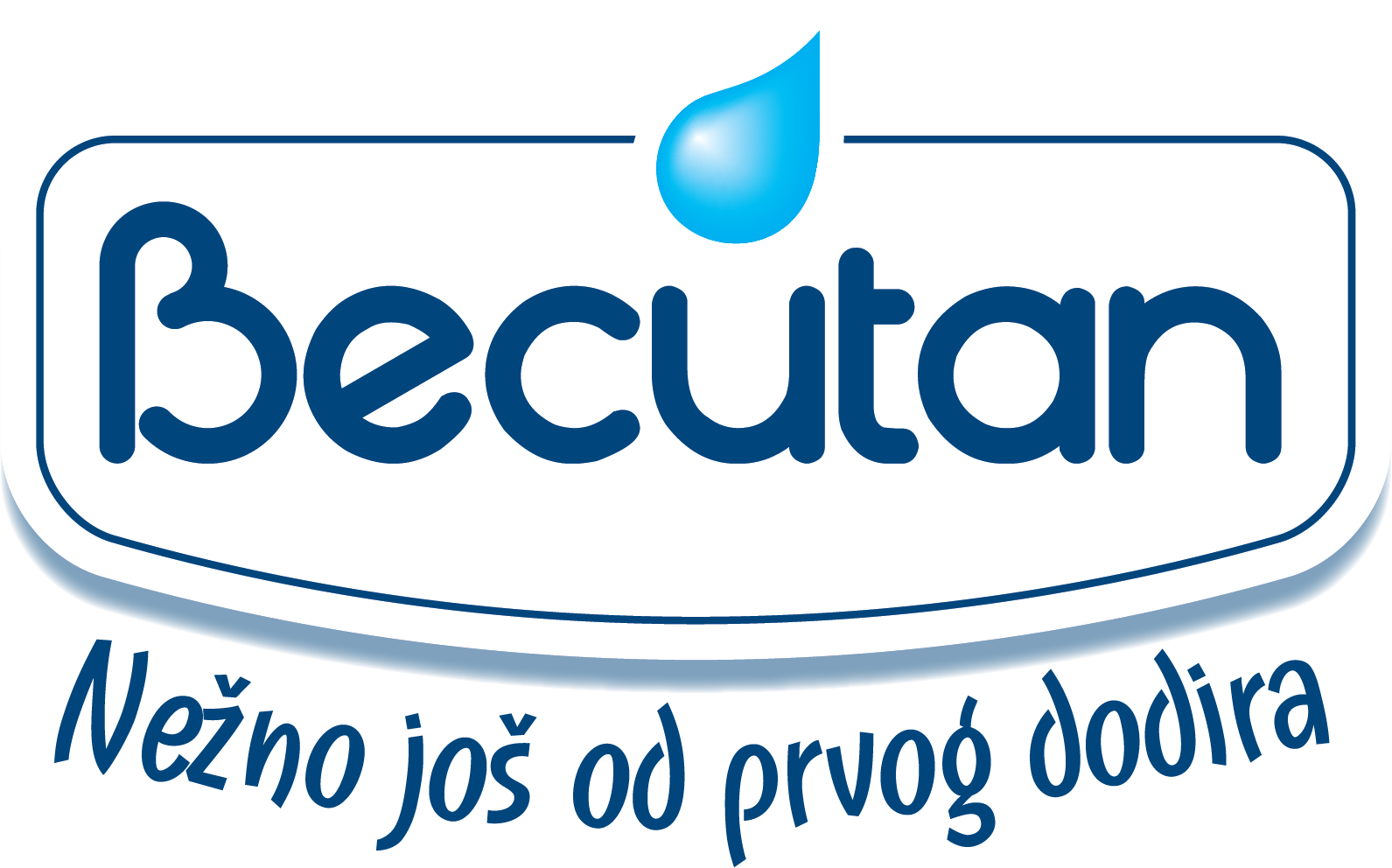• Svakodnevni unos povrća i voća (poželjno je dnevno uzeti jedan obrok s narandžastim povrćem, dva obroka s zelenim lisnatim povrćem jedan obrok voća citrus grupe). Praktično, to znači u svaki obrok uključiti dva komada voća ili povrća (na primer, bananu i čašu soka od pomorandže za doručak, čašu soka od paradajza i salatu za ručak, i obrok od obarenog povrća za večeru).
• Povećati unos žitarica. Najmanje 5 obroka treba da sadrži hleb od celog zrna i žitarice (pšenične pahuljice, pirinač).
• Dovoljan unos mleka. Dojilja ima dnevne potrebe za kalcijumom jednake jednom litru nemasnog mleka.
• Dovoljan unos belančevina. Dnevno uneti tri obroka s belančevinama i to posno meso, piletinu bez kože, ribu ili kuvan pasulj ili grašak.
• Nadoknada vitaminskim preparatima. U konsultaciji s lekarom u slučaju potrebe za dodatnim vitaminskim i mineralnim preparatima.
• Pažljiv izbor pića. Sve što majka pije, popije i beba koju doji. Zato treba piti dovoljno vode, a smanjiti unos alkohola i kofeina kafom, čajem i drugim napicima.
• Uravnotežen unos kalorija. Dnevne potrebe dojilje su veće od potreba odrasle osobe za 500 kalorija, ali su potrebe za vitaminima i mineralima veće. Dnevne potrebe dojilje kreću se od 2000 do 2200 kalorija.
• Potrebno je redovno jesti tokom dana. Gotovi proizvodi siromašni vitaminima i mineralima a bogati kalorijama nisu poželjni.
• Tokom dojenja nije potrebno biti na dijeti. Manji kalorijski unos podrazumeva umanjen unos potrebnih vitamina i minerala čime majka postaje sklona češćim prehladama, osećaju zamora i drugim zdravstvenim problemima, dok kvaliteta mleka i bebino zdravlje mogu takođe da trpe posledice. Prvih šest nedelja posle porođaja nema potrebe da majka brine o svojoj težini.
• Potrebno je izbegavati gurmanski začinjena jela (pasulj, brokule, karfiol, crni I beli luk, biber), nego treba pripremati jednostavna hranljiva jela sa mnogo povrća, voća, posnog sira i mesa.
• Аko majka puši duvan ili pije alkohol, oni prelaze u mleko i mogu da naškode bebi, a ujedno smanjuju izlučivanje mleka. Ako je majka pušač, ne treba da puši više od 10 cigareta na dan, i da izbegava pušenje u prostoriji u kojoj beba boravi.
• U slučaju porodične opterećenosti alergijama, moguće je da dojilja koja unosi mleko, jaja, ribu ili citrusno voće prouzroči reakciju na njih kod bebe.
• Ukoliko je beba alergična na kravlje mleko, potrebno je da majka ograniči unos tog mleka, a potrebu za kalcijumom da zadovolji drugom hranom (keljom, brokulama, lososom, sardinama).
• Ukoliko je majka na vegetarijanskoj dijeti, postoji rizik razvoja nedostatka vitamina B12, pa je zato potrebno konsultovati lekara koji će preporučiti nadoknadu vitamina B12.
• Lekovi su uglavnom bezbedni i ne prelaze u mleko, ali majka ipak treba da konsultuje lekara ukoliko uzima lekove. Samo mali deo lekova prelazi u majčino mleko i može da bude štetno za bebu. Poželjno je izbjegavati hloramfenikol i tetracikline kao i metronidazol i sulfonamide. Izbegavati lekove koji mogu da smanje količinu mleka kao što su kontracepctivni lekovi koji sadrže estrogene i tijazidne diuretike.
